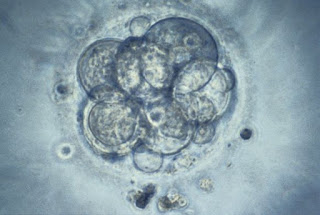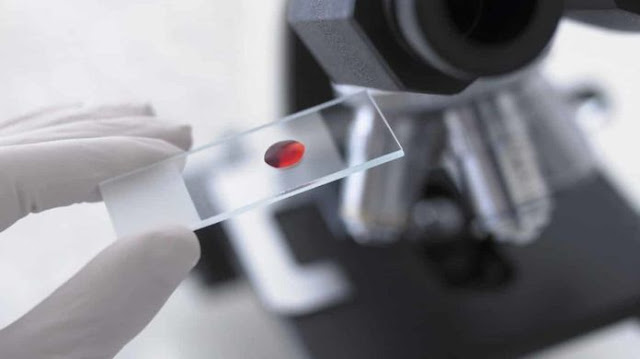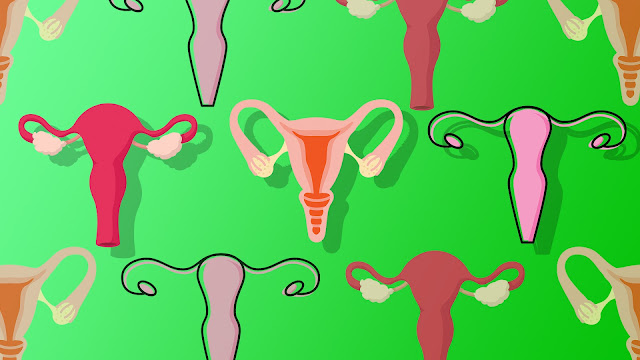Researchers see health effects across generations from popular weed killer

image credit: newstarget.com Washington State University researchers have found a variety of diseases and other health problems in the second- and third-generation offspring of rats exposed to glyphosate, the world's most popular weed killer. In the first study of its kind, the researchers saw descendants of exposed rats developing prostate, kidney and ovarian diseases, obesity and birth abnormalities. Michael Skinner, a WSU professor of biological sciences, and his colleagues exposed pregnant rats to the herbicide between their eighth and 14th days of gestation. The dose -- half the amount expected to show no adverse effect -- produced no apparent ill effects on either the parents or the first generation of offspring. But writing in the journal Scientific Reports, the researchers say they saw "dramatic increases" in several pathologies affecting the second and third generations. The second generation had "significant increases" in testis, ovary and mamma...








